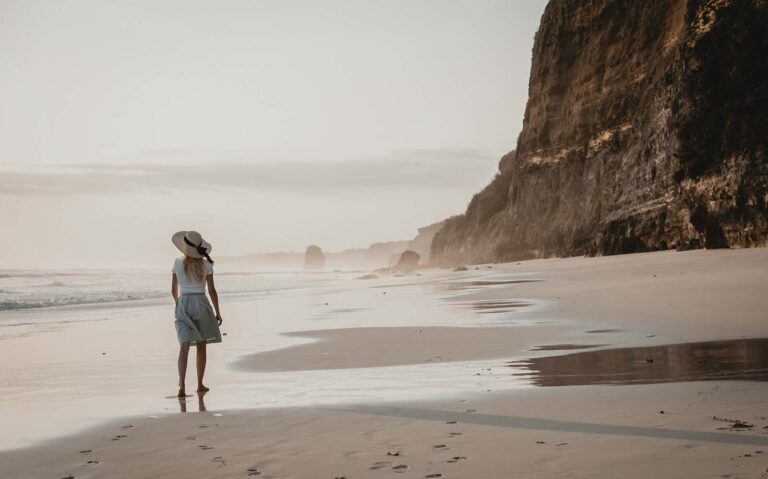treslunasviajes
20 de June de 2024
10 Interesting Facts About Sumba Island

Sumba is an island full of natural wonders, rich culture, and traditions that are kept alive. It is an ideal destination for those seeking an authentic and off-the-beaten-path experience in Indonesia. Don’t miss the opportunity to explore this hidden gem and discover all that it has to offer!
In this blog, we invite you to discover 10 interesting facts about Sumba Island that will captivate you and inspire you to plan your next adventure:
Ancestral Traditions and Marapu
Sumba is one of the few regions in Indonesia where the traditional Marapu religion is still widely practiced. Marapu is an animist belief that pays homage to the spirits of ancestors and the forces of nature.
Ikat Textiles
Sumba’s Ikat textiles are renowned for their complexity and beauty. These hand-woven fabrics are valued around the world, and each design tells a unique story about Sumba’s culture and traditions.
Traditional High-Roofed Houses
Sumba’s traditional houses, known as “Uma Mbatangu,” have high, pointed roofs that are constructed using local materials. These structures are not only architecturally impressive but also hold deep cultural significance.
Pasola Festival
The Pasola Festival is one of Sumba’s most spectacular events, where local men ride horses and throw wooden spears in a ritual that celebrates the harvest and the arrival of the rains.
Pristine Beaches
Sumba is home to some of the most pristine beaches in the world. Nihiwatu Beach, in particular, has been named one of the best in the world for its natural beauty and perfect surfing waves.
Lapopu Waterfall
Lapopu Waterfall is Sumba’s highest waterfall, located in the Manupeu Tanah Daru National Park. It is a perfect spot for nature lovers and photographers.
Unique Biodiversity
Sumba boasts rich and unique biodiversity, with many endemic species of flora and fauna. The Laiwangi Wanggameti Nature Reserve is a highlight for observing this diversity.
Megaliths and Stone Tombs
Sumba Island is famous for its stone tombs and megalithic monuments, which are an important part of its cultural heritage. These tombs are often found in villages and are a manifestation of the Marapu tradition.
Tropical Climate
Sumba enjoys a tropical climate with a dry season and a rainy season. The best time to visit is during the dry season, from early May to mid-November, when the weather is more pleasant.
Nihiwatu Nature Reserve
In addition to its beach, Nihiwatu is home to a nature reserve that protects the local ecosystem and promotes sustainability. This eco-resort combines luxury with a focus on conservation and supporting local communities.




